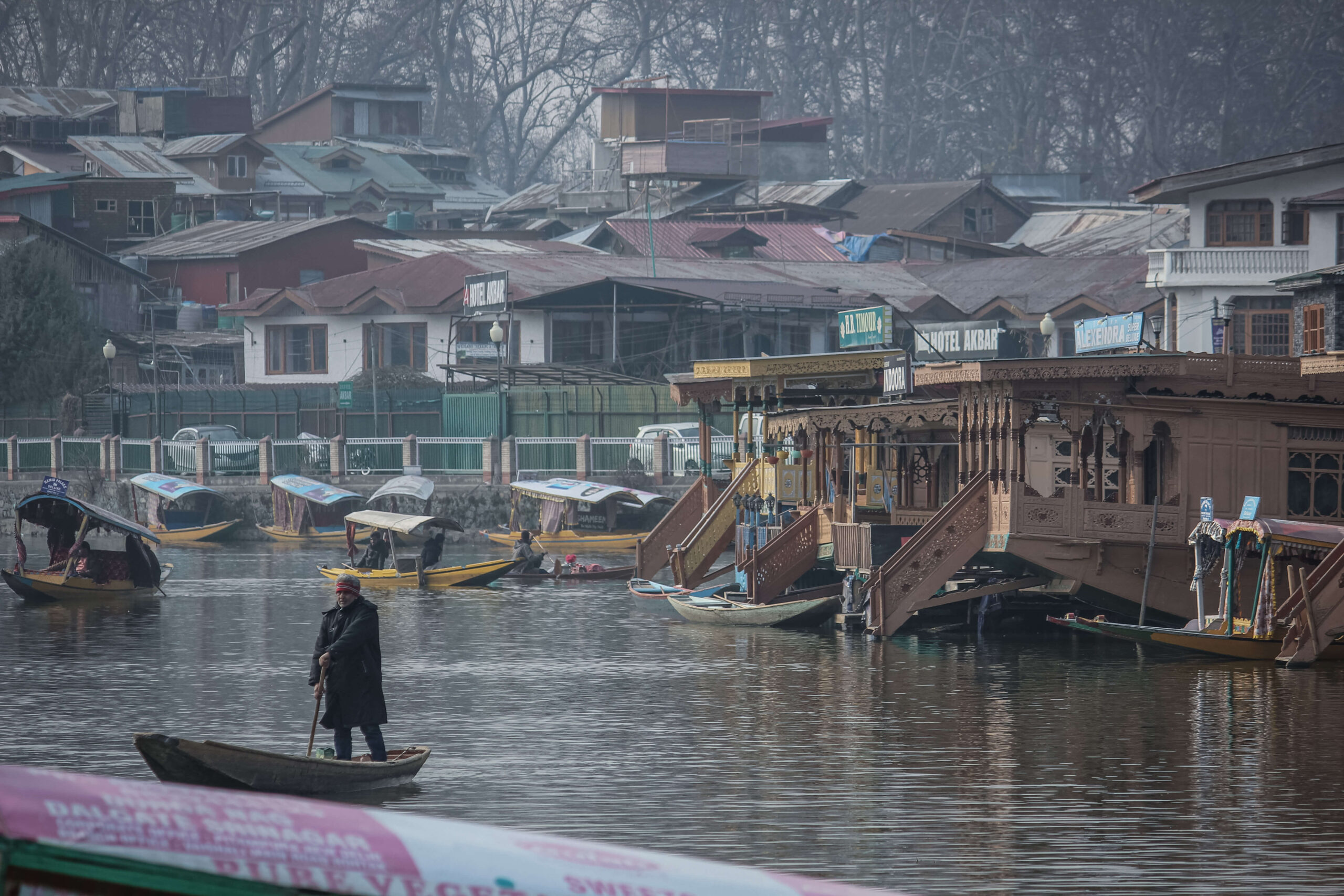- Fri. Apr 19th, 2024
Latest Post
UVA Health Children’s Ranked #1 in Virginia for Third Year; University President Completes 13th Boston Marathon to Raise Funds for Pediatric Care
UVA Health Children’s has been ranked as the No. 1 children’s hospital in Virginia for three consecutive years by U.S. News & World Report, making it a top choice for…
U.S. Equities Experience Midday Rally on Earnings Surprise
On Thursday, April 18, 2024, U.S. equities experienced a midday rally after a series of earnings reports exceeded expectations. The S&P 500, Dow, and Nasdaq all showed positive gains following…
Breaking Barriers: YAGP’s Guinness World Record-setting Event Celebrates Dance as a Unifying Force
In honor of its 25th anniversary, Youth America Grand Prix (YAGP) organized a Guinness World Record-breaking event at New York’s famous Plaza Hotel. The nonprofit organization, known for hosting competitions…
Kashmir’s Forgotten Houseboats: A Cultural and Economic Threat”.
In Kashmir, the forgotten houseboats pose a threat to both the local culture and economy. These traditional floating homes have been neglected, leaving them at risk of disappearing and taking…
Cathay Pacific’s New Sustainability Measures for Business-Class Passengers: Bringing Your Own Cutlery Set on Board?
Cathay Pacific, a renowned five-star airline according to Skytrax, is examining new sustainability measures for its business-class passengers. Reports suggest that a survey was sent to members of the airline’s…
Nigerian Chess Master Attempts to Break 58-hour Marathon Record in Times Square with $1m Charity Goal
Nigerian chess master Tunde Onakoya is currently attempting to break the record for the longest chess marathon in Times Square, New York. His goal is to play for 58 consecutive…
The Olympic Games Embrace Artificial Intelligence: Revolutionizing Sports and Events through Technology
On Friday, Olympic organizers announced their plans to incorporate artificial intelligence into sports as part of a global trend towards leveraging rapidly advancing technology. The International Olympic Committee (IOC) unveiled…
Dana-Farber Cancer Institute Faces Criticism over Data Integrity after Retraction of Major Science Study
A recent investigation at Dana-Farber Cancer Institute has led to a series of retractions, including one involving a 2006 Science paper co-authored by Laurie Glimcher, the institute’s president and CEO.…
Revolutionizing the Olympics: The IOC Embraces Artificial Intelligence for Sports and Security Measures
In a bid to keep up with the rapidly advancing technology, Olympic organizers have announced that they will be incorporating artificial intelligence into sports. The International Olympic Committee (IOC) has…
Artificial Intelligence in Sports: Embracing Change or Raising Ethical Concerns?
As the global trend towards utilizing rapidly advancing technology continues, Olympic organizers have announced their intention to incorporate artificial intelligence into sports. The International Olympic Committee (IOC) has outlined its…

:max_bytes(150000):strip_icc()/GettyImages-2147900488-32309bcb879748dba254ca01fc49149e.jpg)

